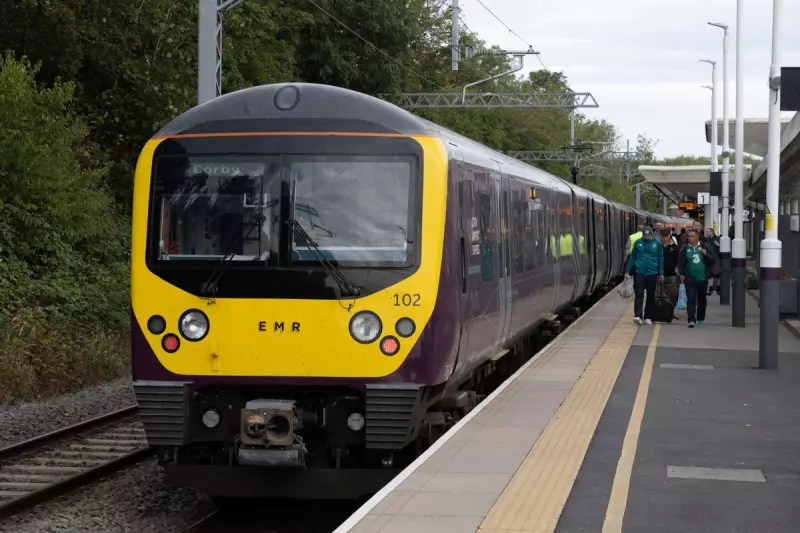
The familiar scramble for paper tickets and the frustration of fixed, inflexible fares could soon be consigned to the history books. The UK's rail network is trialling a groundbreaking new system that promises to be its biggest shake-up in decades, merging contactless payment technology with GPS tracking to create a seamless, personalised travel experience.
How Will The New System Work?
The concept is simple yet revolutionary. Instead of buying a ticket for a specific train, passengers would simply tap in with a bank card or smart device at the start of their journey. Using GPS technology, the system would then track their entire route.
At the end of the trip, the smart system would calculate the exact distance travelled and automatically charge the best possible fare directly to the passenger's account. This eliminates the need for paper tickets, pre-booking, or worrying about buying the correct fare for your journey.
Beyond London's Oyster: A Smarter National Network
While Londoners have long enjoyed the benefits of tap-in, tap-out travel with Oyster and Contactless, this new trial aims to bring those advantages to complex national rail routes. The key differentiator is the use of GPS, which allows for accurate tracking on sprawling networks where simple zone-based systems aren't enough.
This technology paves the way for:
- True Pay-As-You-Go: Pay only for the exact journey you make, even if your plans change.
- Automatic Best Price Guarantee: The system always calculates the cheapest available fare, including the value of season tickets once a certain spend is reached.
- Total Flexibility: No more being tied to a specific train time or route.
The Future of Rail Travel in Britain
This initiative is a significant step towards a modernised, passenger-friendly railway. The potential trial route between Salisbury and Waterloo is just the beginning. If successful, it could become the blueprint for a nationwide rollout, transforming how millions of people travel across the country.
The move signals a commitment to leveraging technology not just for efficiency, but to finally deliver a simplified, fairer, and more modern travel experience for all rail users in Britain.





